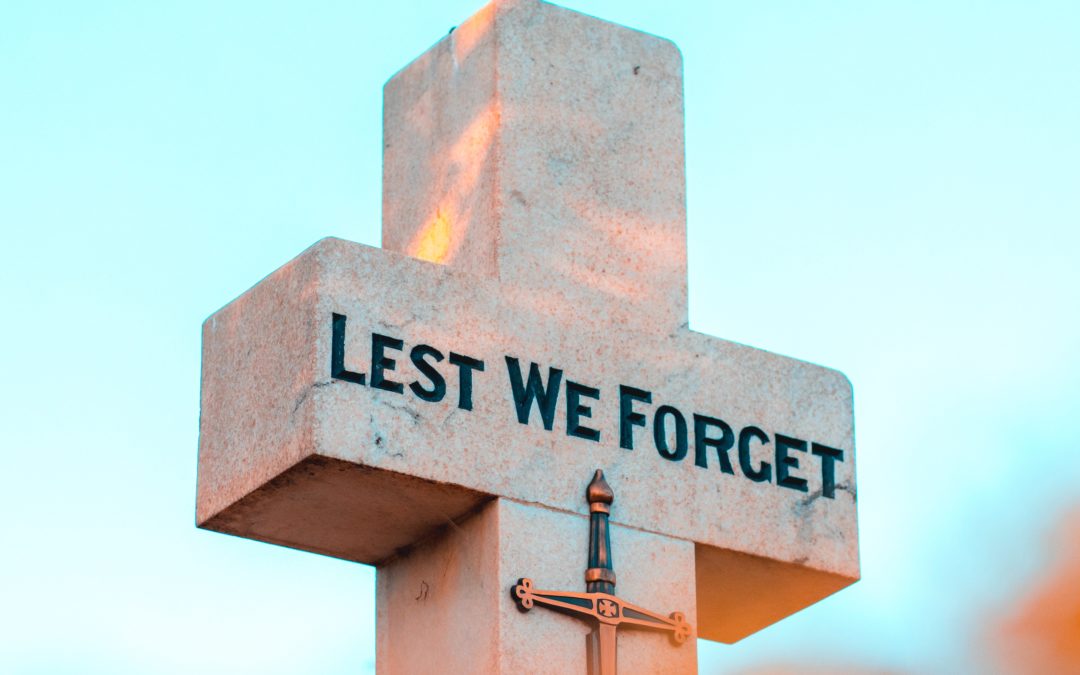How Do We Talk to Children About War?
By Emma Thomas
With the current crisis in Ukraine and Anzac day approaching your children might have questions about war. It can be challenging to know how to respond when our children ask about conflicts, both past and present. It might bring up difficult memories for us as parents or we might just not know how to respond. These will never be easy conversations but there are few things we can keep in mind which can help when we are talking to our children about war.
All about me
Young children are completely egocentric. They are the centre of their universe so hearing about war will often frighten them because they think it is their home under threat. They struggle to understand time and distance and that the conflict either happened a long time ago or is happening far away. When talking about past and present conflicts we need to emphasise that our children are safe.
Answer their questions
Let your children lead the conversations. If they are not concerned about war you can simply share with them that Anzac Day is a special time when we remember the soldiers who helped our country, and leave it at that. If they have heard about the war in Ukraine, provide them with the information they need and keep it age appropriate.
Keep it simple
When answering children’s questions about war it is best to use simple language.
You can say things like:
“There are people fighting about who is in charge, it’s happening far away from here.”
“People were fighting over countries, it happened a long time ago.”
“Anzac Day is a special time, we remember the soldiers who fought to keep us safe.”
“When you have questions you can ask me.”
Make it concrete and relevant
War is a vague concept which makes it hard for children to grasp. Focus on the things which are relevant to their lives.
- Talk about the soldiers we see and what they do
- Attend an Anzac Day march or ceremony
- Make Anzac biscuits
- If your local shops has an Anzac Day stall or display, visit and talk to the volunteers
- Visit your local library and look for books like Anzac Ted.
Consider Media Exposure
If you are unable to attend Anzac Day events in person there is alwayse media coverage. This can be a great way to share the ways in which we remember Anzac Day with young children.
However, be mindful of what your children might see about the war in Ukraine on the nightly news or even when you are reading or watching news on your phone. These graphic images are hard for us all to process but can be particularly upsetting for children.
There are many great resources on the internet like this simple video about Anzac Day.


Recent Comments